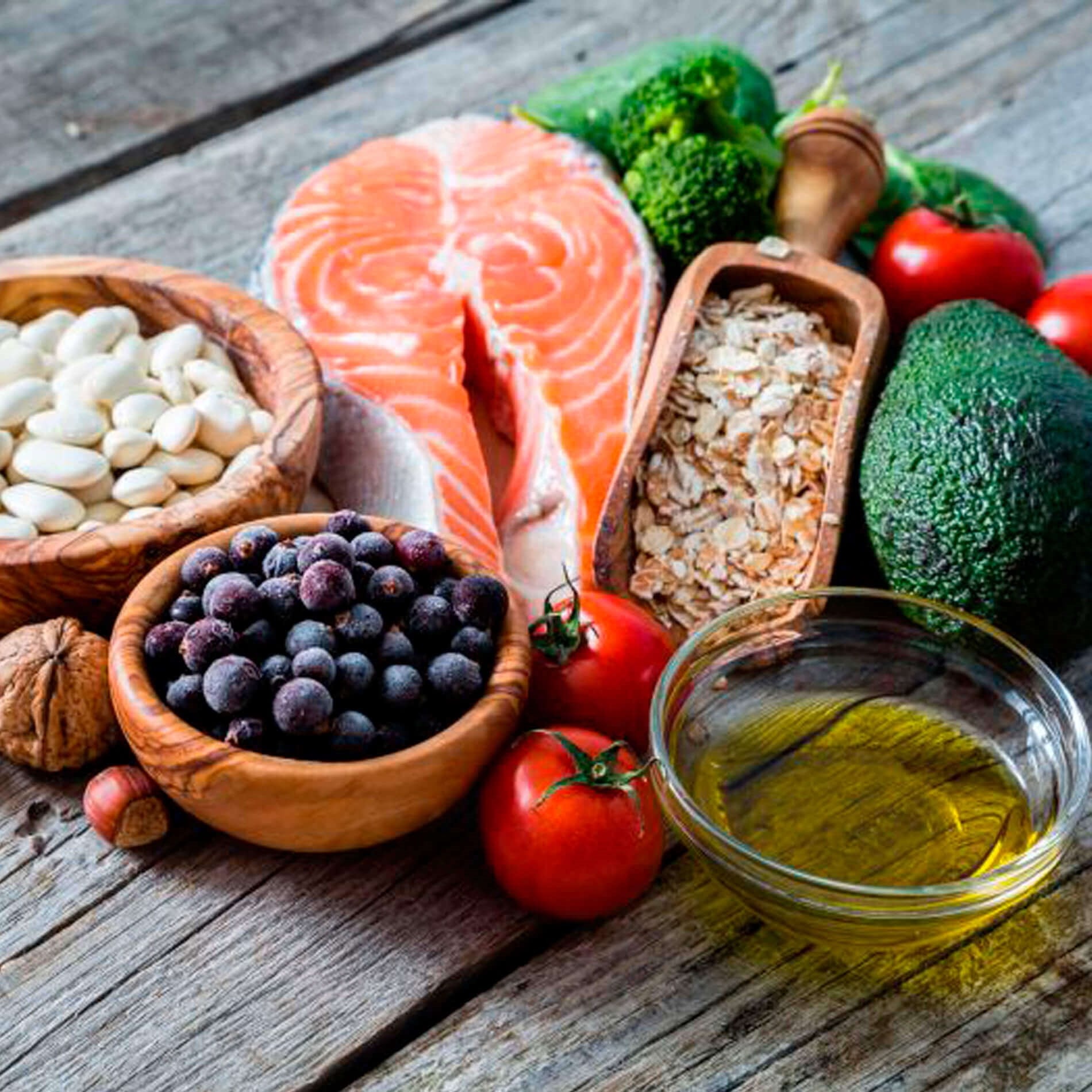Importance of Early Life for Gut
In recent months there have been several pieces of research published in medical journals about both the importance of the gut microbiome in infant-hood, and also factors that affect its development. (Head over to the Probiotics Learning Lab Glossary for more definitions of health terms).
Shortly after birth bacteria take up residence within an infant’s gastro-intestinal tract. The initial inoculation of probiotic bacteria should ideally come during the birth itself, as the baby takes in a gulp of its mother’s microflora during its journey down the birth canal. Subsequent to the birth the infant is exposed to many different sources of bacteria (both good and bad), that take up ‘residence’ in the intestines.
A look at the research:
- Study into breast versus formula feeding:
- Study looking at the impact of daily exercise:
- Study linking colic to imbalanced gut microflora:
- Looking after our children's health:
Study into breast versus formula feeding:
A recent review 1, published in ‘Parental nutritional metabolism and health and disease of offspring’ looked at the impact of either breast-feeding or bottle feeding in the development of an infant’s gut microflora. The review looked at many different studies, and summarised that both exclusive and partial formula feeding of infants has a negative impact on the gut microbiome. This method of feeding appears to increase pro-inflammatory bacteria (such as Proteobacteria), increase intestinal permeability and reduce levels of beneficial short-chain-fatty-acids in the colon. Breast-feeding on the other hand appears to increase levels of protective anti-inflammatory bacteria from the class Actinobacteria, and reduces intestinal inflammation.

The study concluded however that further research was needed to determine the impact on health of introducing formula to breastfed infants for only brief periods of time, for example using formula milk only on an occasional day if the mother’s milk supply was inadequate that day. Research has not yet been carried out to understand the amount of formula feeding that can be tolerated before the infant's gut microflora is negatively affected, but evidence so far suggests that newborns should be exclusively breastfed for the first six months of life wherever possible.
Study looking at the impact of daily exercise:
A second new study2 by a team of researchers at the University of Colorado, and published in ‘Immunology and Cell Biology’ showed that exercising in early life can also alter and improve the microbial community in the gut. The study found that juvenile rats who voluntarily exercised every day developed a healthier gut microbiome, containing a higher proportion of probiotic strains of bacteria compared to their sedentary counterparts. This trend is also observed in human subjects, however researchers have not yet isolated an exact age range during which time the daily exercise must be performed in order to achieve the benefits to gut microflora, however it has been supposed that the ‘earlier the better’. So, maybe the trend for baby yoga classes brings even more benefits than just a ‘blissed out’ baby then, perhaps even their gut microbes are enjoying the work out...
The study authors go on to state that they "emphasise the ability of exercise during this developmentally receptive time to promote optimal brain and metabolic function across the lifespan through microbial signals." With this statement the authors are also supporting the theory of ‘psychobiotics’ (the ability of gut bacteria to influence our emotions and mood), which I have written about previously. To read more about how our gut microbes affect the way we think and feel, take a look at this article in the Probiotics Learning Lab: Psychobiotics: just a fad or here to stay?
Study linking colic to imbalanced gut microflora:
The first two studies I have discussed have given evidence of different factors which affect the development of our juvenile gut microflora (both the consumption of human breast milk, and the participation in daily exercise), however a third review3concentrates on one of the many possible consequences of an unhealthy infant gut microflora, namely a predisposition towards colic.

This integrative review examined the findings from five recent studies, and concluded that according to the existing evidence infants that express symptoms of colic tended to be colonised with significantly higher levels of Proteobacteria, and had significantly reduced bacterial diversity when compared to control subjects not displaying colic symptoms. Additionally, excessive crying in newborns correlated with low levels of beneficial Actinobacteria and Bifidobacteria species in their intestines.
I think I am spotting a recurring theme here. High levels of Proteobacteria, and low levels of Actinobacteria were two of the findings already mentioned in the first study looking at formula fed versus breast fed infants, so when looking at the results from both studies in conjunction it could be summised that bottle fed infants could be at a higher risk of colic and excessive crying than breast fed infants. I wonder if there could be any better incentive for a new mum to breast feed her newborn than the promise of a contented baby and a good nights sleep?!
Looking after our children's health:
I write regularly about new research in to the microbiome, however I am particularly pleased by this current flurry of research focusing more specifically on the developing microbiome of infants. After all, it is said that good health begins in the gut,and it seems that to ensure a healthy life for their children, parents should try to understand the impact of dietary and lifestyle choices on their gut microflora and intestinal health.
To read more about the impact of gut microflora on child's health, take a look at these other related articles:
Probiotics may reduce recurrent tonsillitis in children
Antibiotics in pregnancy may impair baby's immunity
You are may also enjoy reading these articles from our Probiotics Learning Lab:
Infant allergies reduced by parents sucking dummies
Anyone for baby poop sausages?
References
- The Influence of Early Infant-Feeding Practices on the Intestinal Microbiome and Body Composition in Infants. Aifric O’Sullivan, Marie Farver and Jennifer T. Smilowitz. Nutrition and Metabolic Insights 2015:Suppl. 1 1-9
- http://www.genengnews.com/gen-news-highlights/gut-microbiome-influenced-by-early-life-exercise/81252160/
- Characterizing the Intestinal Microbiome in Infantile Colic. Findings Based on an Integrative Review of the Literature. Nancy E. Dubois, MSN, RN1, Katherine E. Gregory, PhD, RN2 1Boston College, William F. Connell School of Nursing, Chestnut Hill, MA, USA, 2Harvard Medical School, Pediatrics, Brigham and Women’s Hospital, Boston
Popular Articles
View all Gut Health articles-
Gut Health15 Nov 2023
-
Gut Health12 Jan 2024


